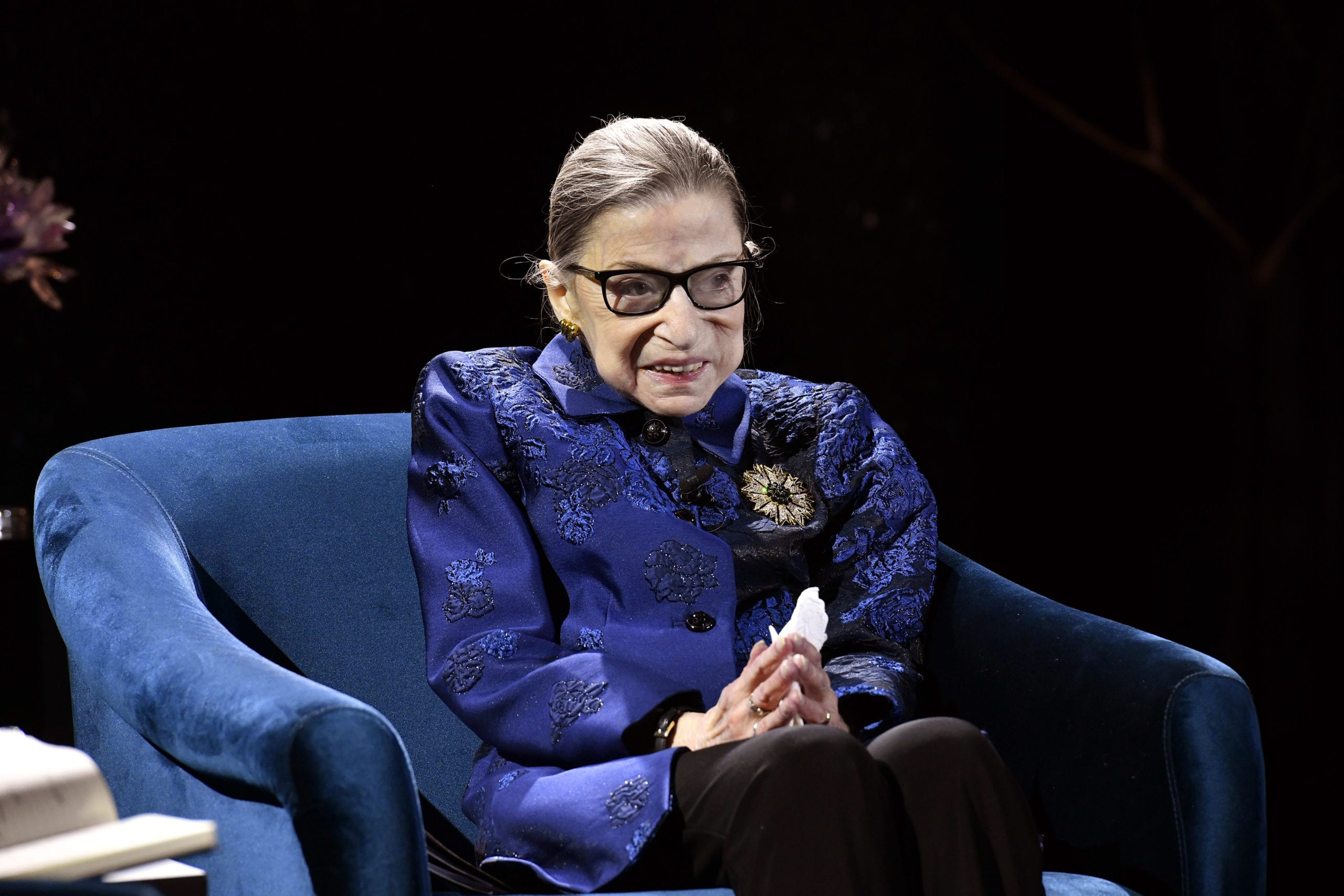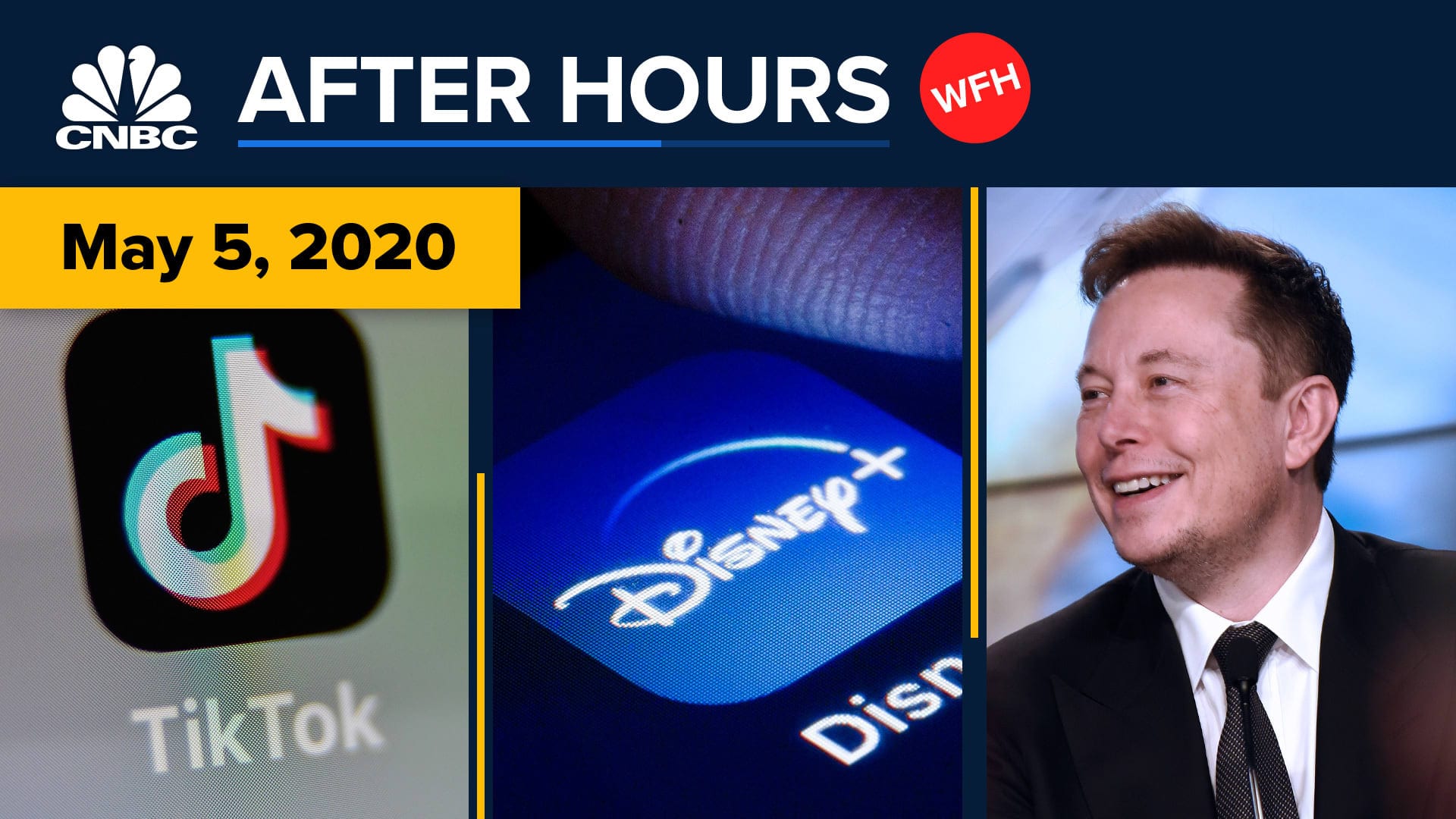[ad_1]
Dr. Sonia Macieiewski (R) and Dr. Nita Patel, Director of Antibody discovery and Vaccine development, look at a sample of a respiratory virus at Novavax labs in Rockville, Maryland on March 20, 2020, one of the labs developing a vaccine for the coronavirus, COVID-19.
Andrew Caballero-Reynolds | AFP | Getty Images
As the coronavirus continues to spread around the world, teams of experts are scrambling to develop a vaccine to protect millions of people from infection.
Finding a vaccine is a collaborative effort, experts say, and is expected to take around 12-18 months. The WHO said at the weekend that there are currently 70 vaccine candidates in development.
But who, or which country, gets priority when a vaccine is finally found is yet to be seen and could prove controversial.
The president of Germany’s Federal Institute of Vaccines and Biomedicines, an agency of the German Ministry of Health, told CNBC that the race to develop a vaccine is a collaborative and cooperative effort.
“Everybody has been working on a vaccine for everybody,” Professor Klaus Cichutek, president of the Paul-Ehrlich-Institut told CNBC Tuesday. “That’s a global thing we have to do and there’s nothing like ‘only a vaccine for the U.S’., or Germany, or whatever.”
Vaccine development is a labor-intensive endeavor; it’s costly and it takes time, often several years of research and development and clinical trials. Time is of the essence when it comes to the coronavirus, however, with almost 2 million confirmed infections of Covid-19 so far worldwide, and over 126,000 deaths, according to data collated by Johns Hopkins University (JHU).
The future distribution of a vaccine could depend on the characteristics of the product, how many vaccine doses can be produced, and in what amount of time, Cichutek said.
“I cannot say exactly how this (distribution) will work but I’m sure everyone is dedicated to the world and not only to their nations or key regions. This is a global effort where the world and humankind needs a good vaccine and we need more than one.”
Another factor that could determine any initial distribution of a vaccine is the epidemic situation in each part of the world when one becomes available. People in high-risk professions such as healthcare and hospital workers could be prioritized for vaccination.
The pandemic, that has ravaged Italy and Spain and other European countries to a lesser extent, is now hitting the U.S. hard — the country now has the highest number of confirmed cases (almost 610,000 as of Wednesday, according to JHU data) and over 26,000 deaths.
U.S. President Donald Trump sought to reassure the American public in early March that a vaccine would be found “very soon.” It came around the same time as a report in German newspaper Welt am Sonntag that Trump had offered around $1 billion to a German biopharmaceutical company, CureVac, for exclusive U.S. rights to any Covid-19 vaccine that was developed.
The report provoked outrage in Berlin with Economy Minister Peter Altmaier telling a broadcaster that “Germany is not for sale” and Health Minister Jens Spahn commenting that CureVac would only develop a vaccine “for the whole world, not for individual countries.”
CureVac vehemently denied the report, as did White House officials.
Currently, there are teams working on a Covid-19 vaccine in the U.K., U.S. China and Germany, where Cichutek said initiatives were being carried out by academics and biotech developers. He said that a number of the products under development in Germany currently would enter phase one trials within the year.
Phase one trials, which take place on humans, are smaller-scale assessments of whether a vaccine is safe and what immune response it provokes. Its efficacy and side effects at this phase would contribute to a decision on whether to continue to phase two trials, and eventually whether to license the vaccine or not.
There are currently three vaccine candidates in human trials.
“It’s not really a competition but a collaboration that we’re looking at. We need to spur a global effort to get several vaccine products that are safe and efficacious as soon as possible,” Cichutek added.
“If you look at phase one trials currently going on, there is one in the U.S. and one in the U.K. and there seem to be two in China, and I hope Germany will be one of the next ones.”
Showing global collaboration in action, two of the world’s largest pharmaceuticals, Sanofi and GSK, announced Tuesday that they had joined forces with the aim of creating a Covid-19 vaccine by the end of next year.
“As the world faces this unprecedented global health crisis, it is clear that no one company can go it alone,” Sanofi CEO Paul Hudson stated in an announcement Tuesday.
— CNBC’s Jennifer Elias contributed reporting to this story.
















